EGC Quarterly Newsletter, Spring 2025: Earth Day Edition


How are low- and middle-income countries navigating the challenges of climate change? For Earth Day, research by EGC affiliates and from EGC's Climate, Energy & Growth Initiative offers fresh economic insights on the costs of climate change and pollution, market-based solutions to reduce emissions, offset programs, adaptation financing, and the urgent need for global cooperation on this existential issue.
Large-Scale Study in India Shows Pollution Markets Can Reduce Emissions
 Rohit Raj, Unsplash
Rohit Raj, Unsplash
In a study published in The Quarterly Journal of Economics on April 15, EGC Director Rohini Pande, affiliate Nicholas Ryan, and coauthors evaluated the world’s first particulate pollution trading market, launched in Surat, India. The program led to a 20–30% reduction in emissions and cut compliance costs by 11% for participating plants.
Video: Why Are the Rich Failing the Poor on Climate Change?
New York Times climate reporter Max Bearak delivered a Poynter Lecture co-hosted by EGC, Yale Inclusion Economics, and the Poynter Fellowship in Journalism. In a panel with Nick Ryan and Sunil Amrith, he explored climate inequality and why timeframes for energy transition matter when building sustainable solutions.
Podcast: Who Will Pay for the Global Energy Transition?
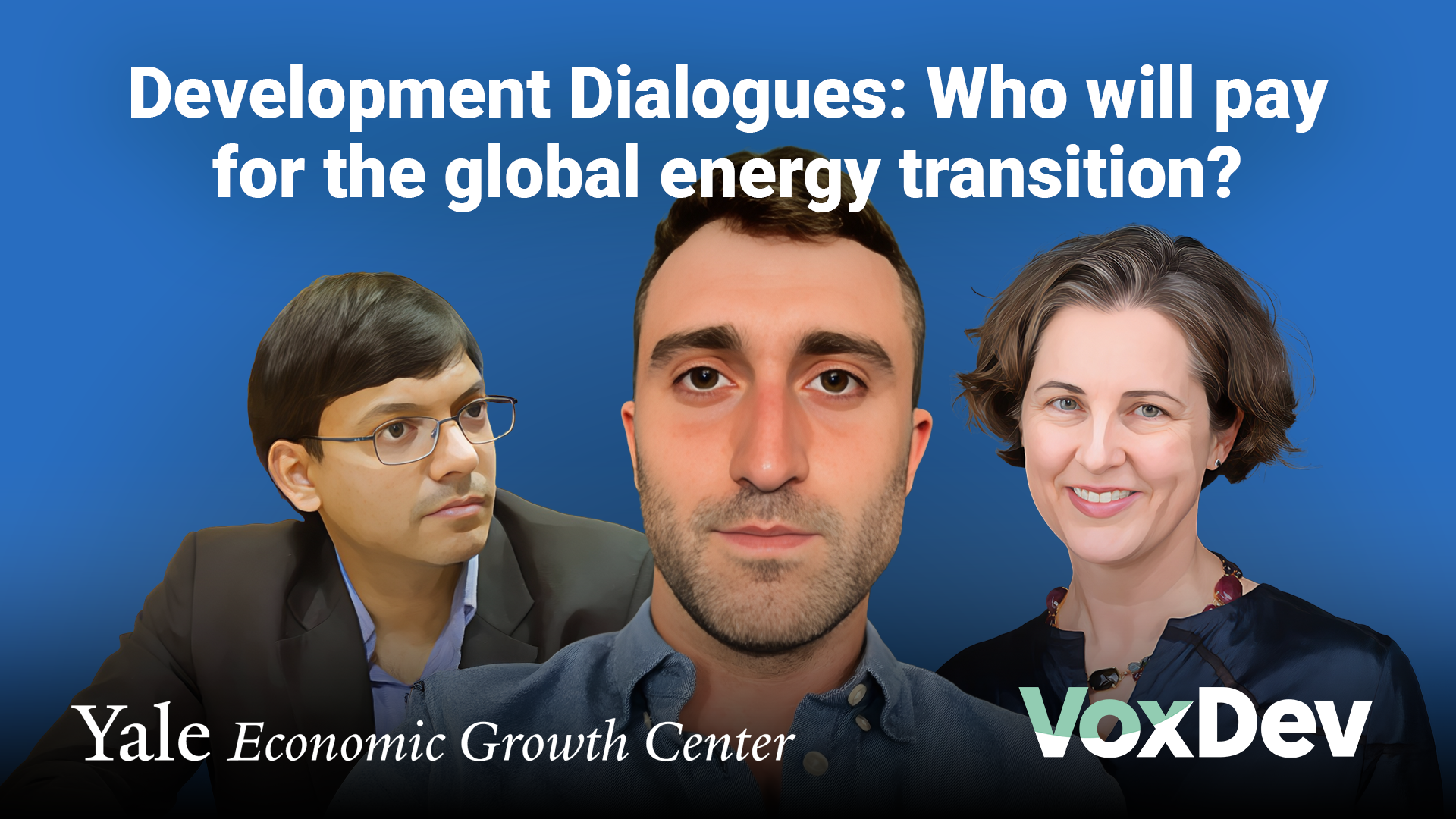
In a Development Dialogues podcast, Bearak joined EGC affiliate Jessica Seddon and Anant Sudarshan of the University of Warwick to rethink the dominant “blame and reparations” framing of climate politics. The conversation highlights the shared interests—especially for countries like India and China—in local climate action.
The 34th Kuznets Memorial Lecture
Video: Oriana Bandiera on Development and the Organization of Labor
On February 27, Oriana Bandiera, the Sir Anthony Atkinson Professor of Economics at LSE, delivered the 34th Kuznets Lecture on labor and development.
Conference Recap: Development and Organizations
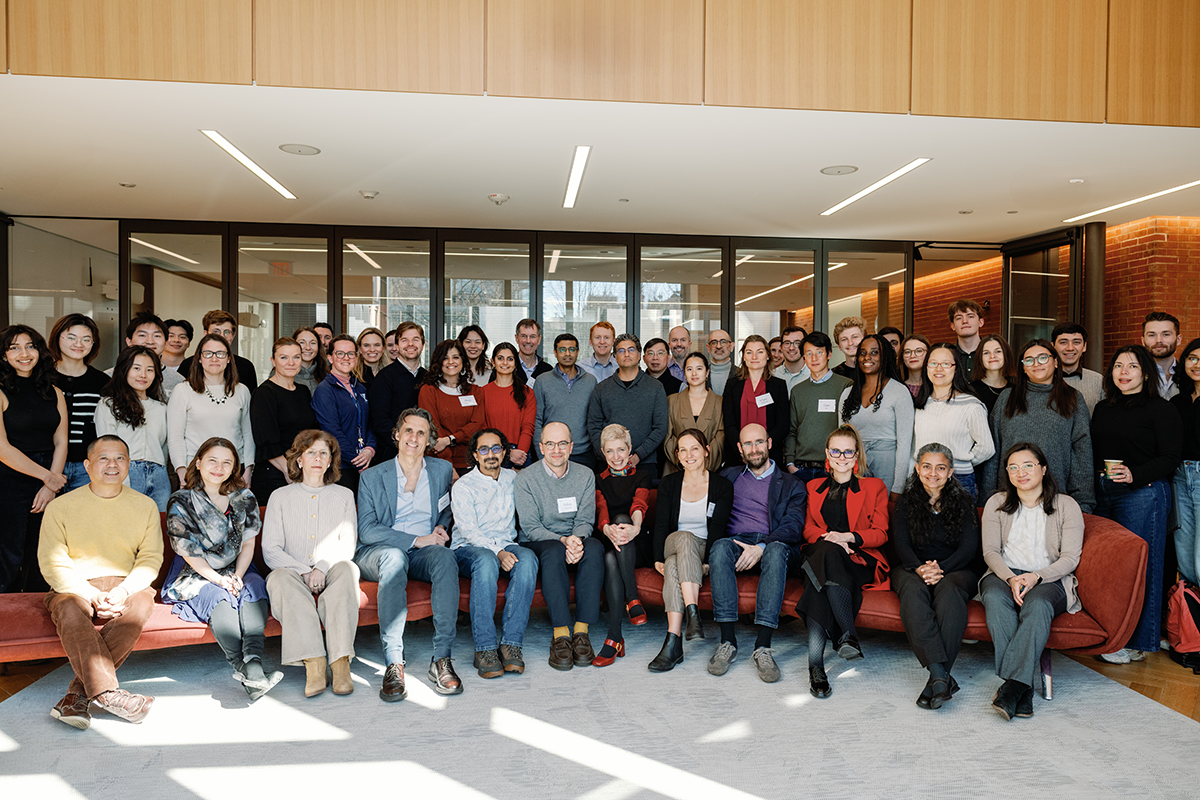 Julia Luckett
Julia Luckett
The mini-conference held the following day explored themes from Bandiera’s work and celebrated her contributions to research and teaching.
Podcast: Are Vocational Training Programs Effective?
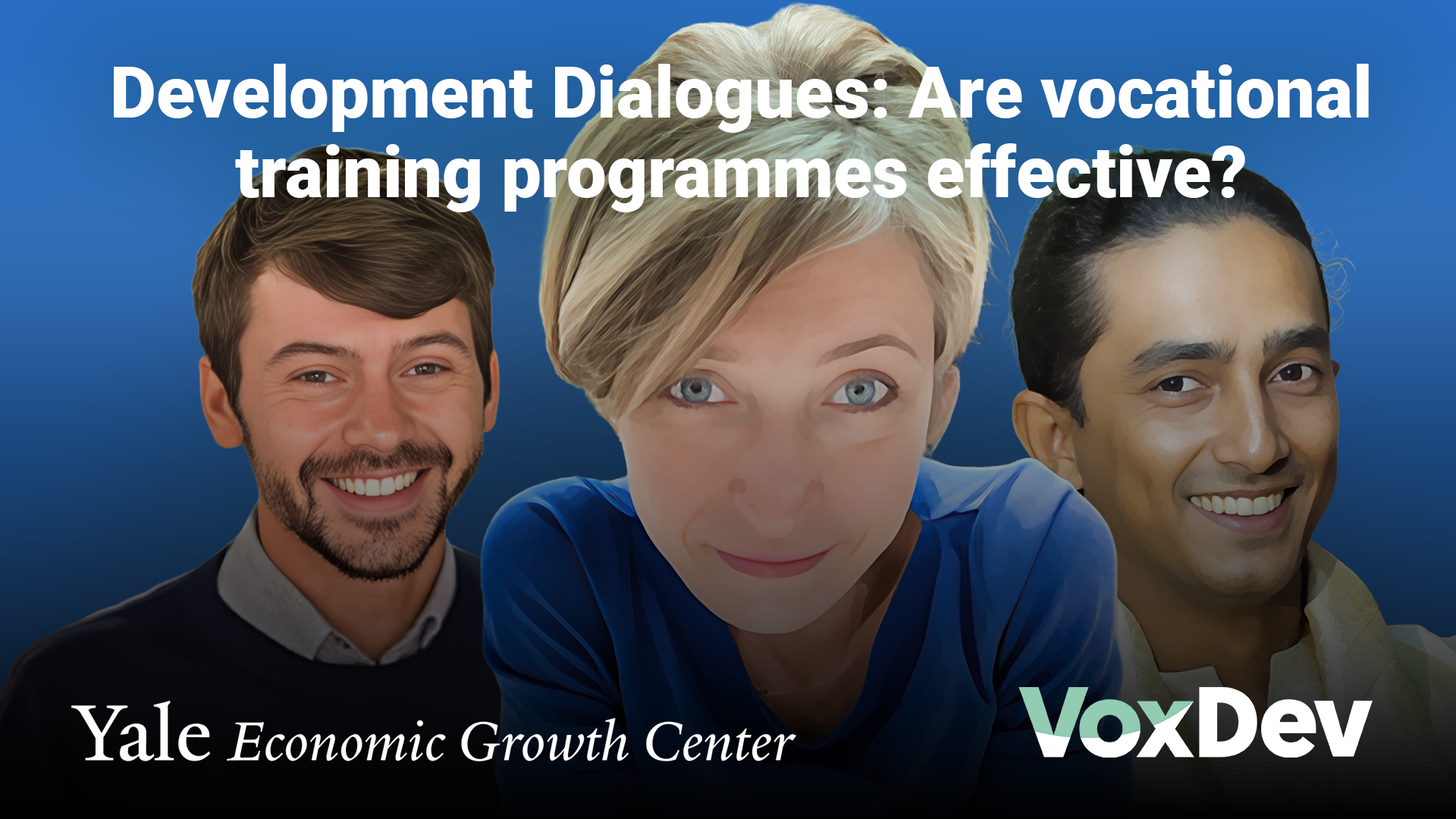
Bandiera joined Stefano Caria and Munshi Sulaiman to explore the effectiveness of vocational training in low- and middle-income countries: Are we expecting too much, or asking the wrong questions?
In Conversation
A new series featuring Yale faculty in dialogue about global development.
Penny Goldberg and Rohini Pande on Gender and Economic Growth

Leaders of EGC’s Gender and Growth Gaps project discuss how labor markets and economic structures shape gender inequality.
Lauren Falcao Bergquist and Amit Khandelwal on Trade and Development
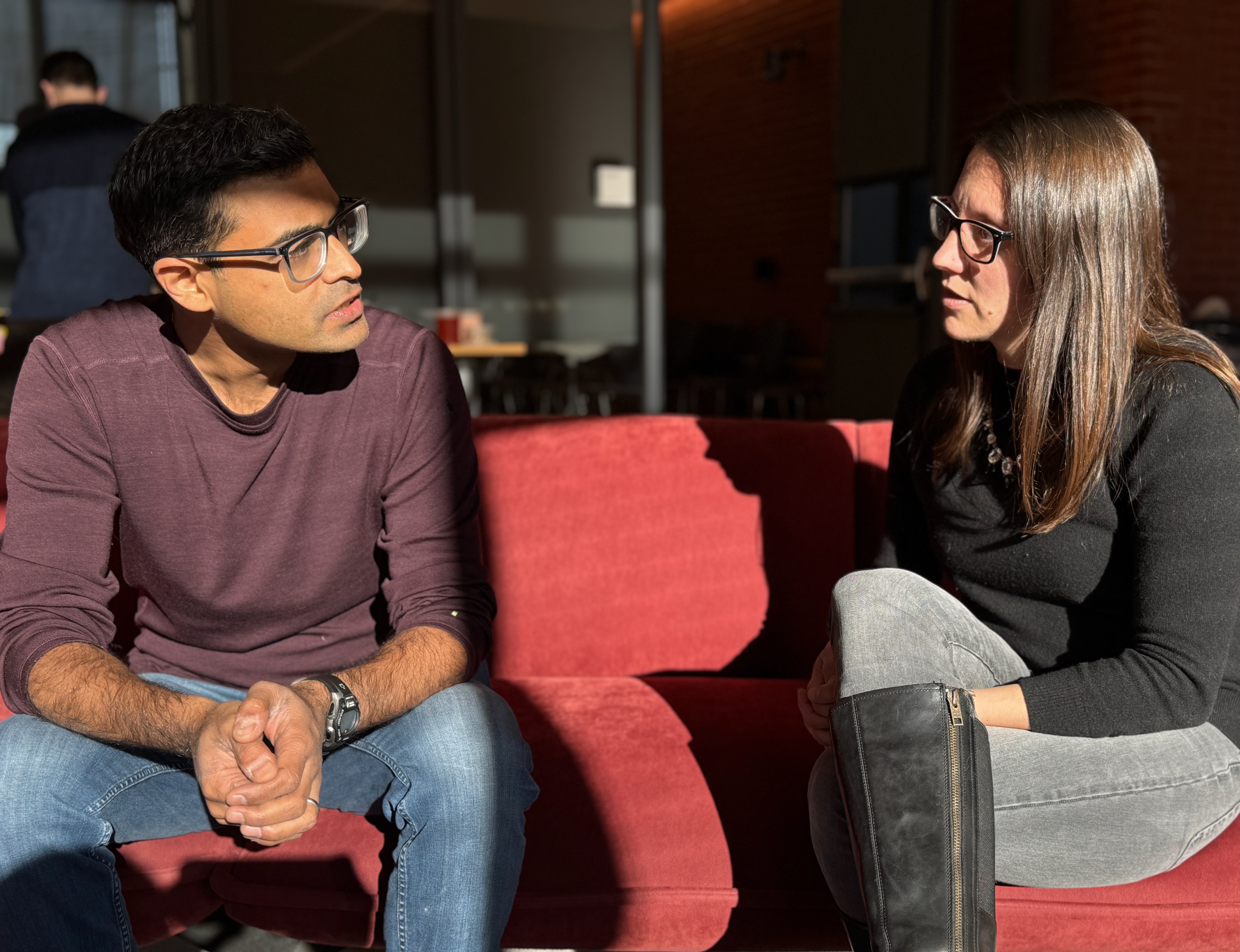
The two EGC affiliates discuss how trade models are enriching development research—and vice versa.
José-Antonio Espín-Sánchez and Mayara Felix on Inequality in Latin America
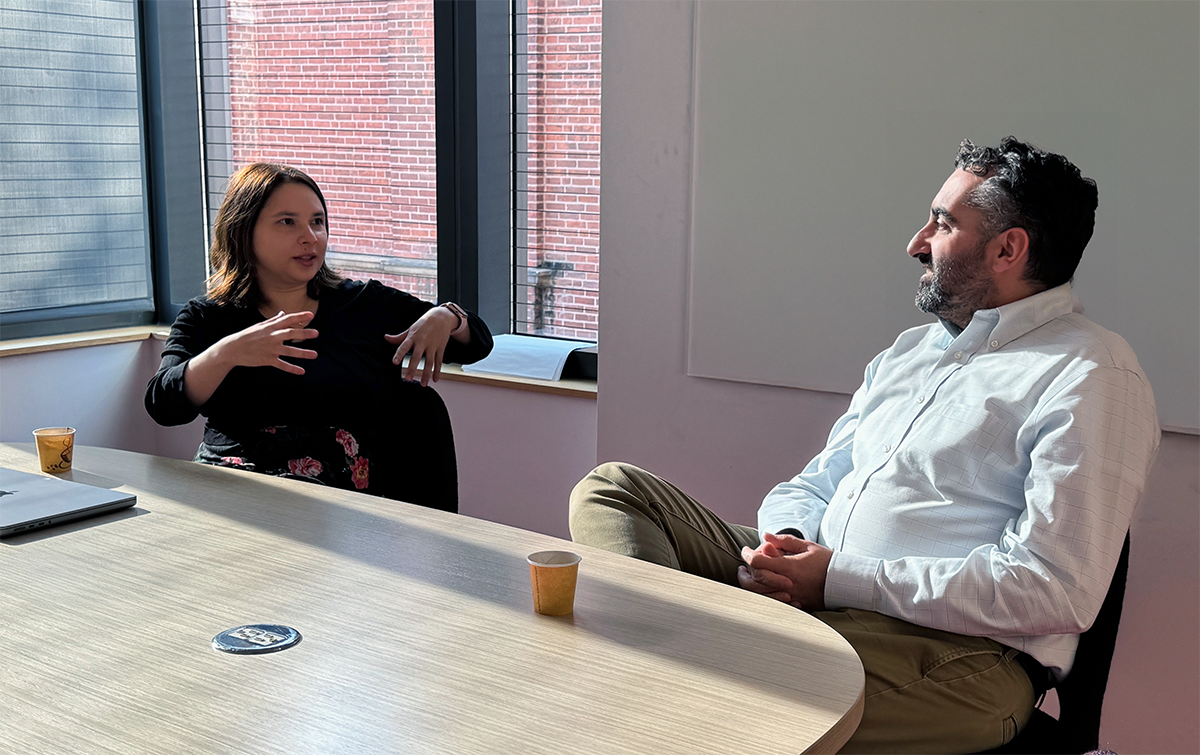
The two EGC affiliates explore how applied microeconomics and economic history inform our understanding of persistent inequality in the region.
Upcoming Events
Workshop: Gender and Structural Transformation
 Ishan Tankha
Ishan Tankha
April 25, 2025 – Washington, D.C.
Held alongside the World Bank–IMF Spring Meetings, this event will explore the links between jobs, growth, and gender dynamics.
Conference: How Care Provision Influences Women’s Choices and Child Development
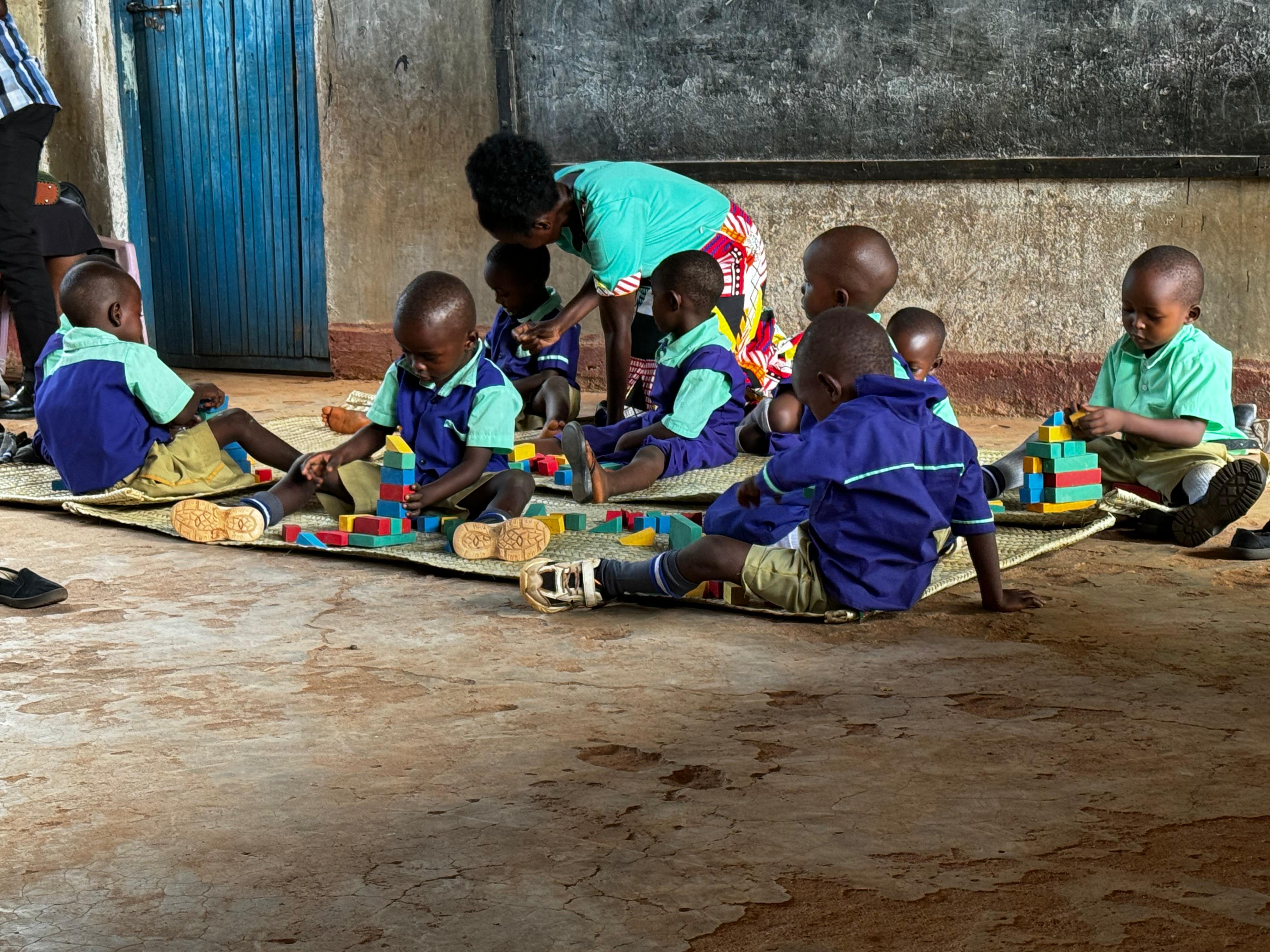
May 7–8, 2025 – Yale University
Hosted by Yale Inclusion Economics, this two-part policy-research event focuses on the effects of formal care programs in Kenya and beyond.
Workshop: Northeast Workshop on Energy Policy and Environmental Economics (NWEPEE)
 Somabrata Pramanik, Shutterstock
Somabrata Pramanik, Shutterstock
May 9–10, 2025 – Yale University
Presenters will share research on the latest advances in energy and environmental economics.
Recent Publications
Mobarak on the productivity consequences of pollution-induced migration in China and how to encourage sanitation investments in Bangladesh, Cambodia, India, and Indonesia; Pande & Ryan with experimental evidence from India on whether pollution markets work in developing countries; Pande on whether payments for ecosystem services can curb crop residue burning in India; Tsyvinski with a solution to a sorting problem with heterogeneous firms and multiple heterogeneous workers whose skills are imperfect substitutes.